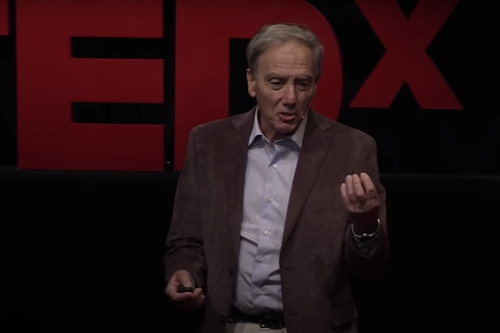Curiosity
Wanting to know more
 Strength of mind
Strength of mind“I have no special talent. I am only passionately curious.”
—Albert Einstein
Why does curiosity matter?
When you’re curious about something, you process it deeply rather than superficially. You also voluntarily spend more time learning about things that spark your curiosity. As a result, you more readily remember what you learn. In general, people who are more curious are happier and better liked.
Pulse Check
Reflect on how you’ve engaged with the world this past week. How many of these things are true?
- I got so absorbed in learning that I lost track of time.
- I talked to someone who gave me a new idea or changed my mind.
- I took the initiative to learn more about one of my interests.
- When I didn’t know the answer to a question, I couldn’t rest until I figured it out.
- I explored a completely new idea or topic—just for the fun of it.
How do I encourage curiosity in others?
Model it. Cheerfully admit that you don’t know what you don’t know: “I actually don’t know how to do that problem. Let’s look it up together!” However you enjoy exploring your personal interests—books, podcasts, documentaries—share what you like: “I listened to the most amazing story today. Let me tell you about it!”
Celebrate it. Praise question-asking: “What a great question! I love the ideas it’s sparking!” Show admiration for wrong answers: “No, that’s not right. Explain to me how you’re thinking about this!” Build on curiosity expressed as statements: “I bet that if we use all our pencils we can build a skyscraper!” “That’s cool, let’s see how we can do that!”
Enable it. Make room for curiosity: When planning an activity, factor in time for questions. Establish an end-of-day ritual to share one thing each person in the family learned that they didn’t know before. Replace close-ended questions (“Is oxygen a component of the air we breathe?”) with open-ended questions (“What is air made of?”).
About the Author
Tips

Small Wonders

Invest in Connection
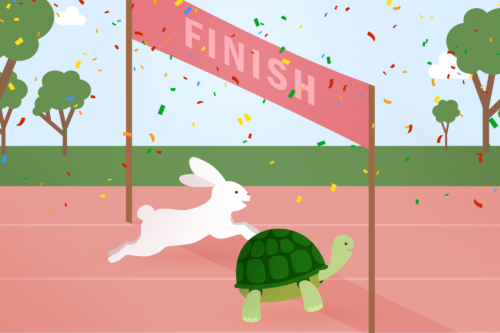
Speed Limits
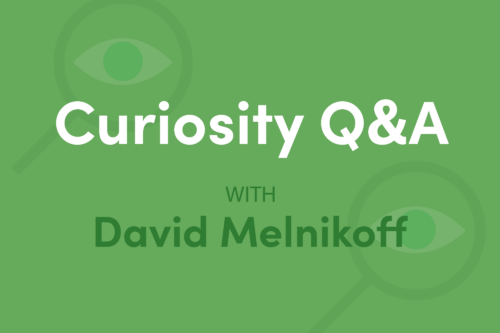
Forward Flow

Machine Learning

Seeing Red
Learn More
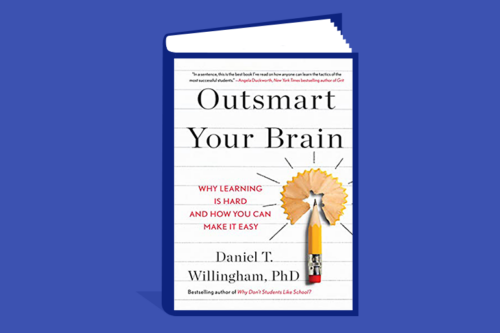
Outsmart Your Brain

Build Connections for Classrooms
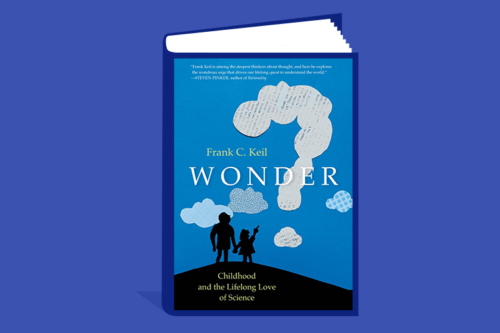

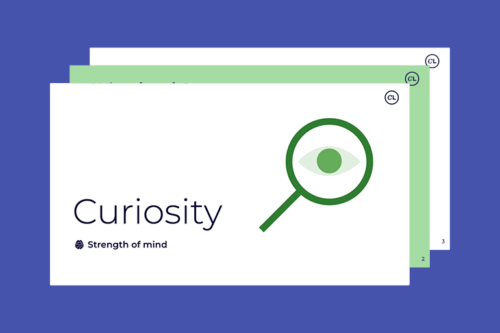
Character is more than just curiosity.
There are many other strengths of heart, mind, and will.
LEARN MORE ABOUT CHARACTER




